Substance Use Treatment
- Liberty House Outpatient
- What We Treat
- Substance Use


Substance Abuse Treatment at Liberty House Outpatient Center in Wixom, Michigan
For those facing the challenges of substance use, life can often feel overwhelming, isolated, and hopeless. At Liberty House Outpatient Center in Wixom, Michigan, we understand this struggle deeply. Our approach blends compassion, expert knowledge, and personalized care to support individuals and families on their path toward healing. In Michigan, substance use remains a significant challenge, affecting individuals, families, and communities. However, recovery is not only possible, it’s within reach for everyone willing to take the first courageous steps.
If substance abuse has touched your life or the life of someone you care about, you’ve already taken an important first step simply by seeking information. Recovery isn’t a journey that has to be taken alone. Together, we can help you or your loved one reclaim a life free from addiction, rebuild relationships, restore physical health, and rediscover self-worth.
Get the Help You Need, When You Need It.
- Day & Evening Treatment Options
- Working Professionals Program
- Supportive Housing Available
- PHP, IOP & OP Programs
- Alumni Programming
- Individual Case Management

What Is Substance Use and What Are the Risk Factors?
Substance use refers to the consumption of drugs or alcohol in ways that interfere with daily life or pose a risk of developing dependency. While substance use often begins casually or socially, repeated use can lead to significant changes in brain chemistry, resulting in addiction, a chronic disease that affects decision-making, behavior, and overall health. Addiction doesn’t discriminate; it can affect anyone, regardless of background, age, or circumstances.
Several factors can increase the likelihood of developing a substance use disorder. These include:
Family history can significantly increase the risk of addiction, as genetics play a crucial role in how the brain responds to substances.
Conditions like depression, anxiety, post-traumatic stress disorder (PTSD), and bipolar disorder can drive individuals to self-medicate with drugs or alcohol.
Unresolved trauma, abuse, or significant life stressors can increase the likelihood of substance misuse.
The influence of social circles, peer groups, and high-stress environments can contribute to initial experimentation and ongoing use.
Adolescents who experiment with drugs or alcohol are more likely to develop long-term substance use disorders.
Persistent stress without healthy coping mechanisms can drive reliance on substances to alleviate emotional pain.
Understanding these risk factors is not about placing blame but about recognizing vulnerabilities and taking proactive steps toward intervention and recovery.

Recognizing the Signs and Symptoms of Substance Use Disorder
Identifying when substance use has crossed into addiction can be challenging, but early recognition is crucial for effective intervention. Substance use disorders impact individuals physically, emotionally, and behaviorally, often leading to severe and long-lasting consequences if left untreated. While each person’s experience is unique, there are common signs that may indicate a growing dependence on substances:
These can include sudden weight loss or gain, frequent illness, bloodshot eyes, dilated or constricted pupils, poor coordination, unusual body odors, or persistent fatigue. Over time, substance use can weaken the immune system, leading to a higher frequency of infections and physical illnesses.
Individuals struggling with substance use often exhibit noticeable changes in behavior. This might include neglecting responsibilities at work, school, or home, withdrawing from family and friends, missing important events, or showing a loss of interest in hobbies and activities they once enjoyed. They may also engage in secretive or suspicious behavior to hide their use.
Addiction significantly affects mental health. Common psychological symptoms include increased anxiety, paranoia, mood swings, depression, irritability, and sudden outbursts of anger. Some individuals may also experience memory problems, confusion, or difficulty concentrating as their dependency grows.
One of the defining features of addiction is the inability to control substance use. This can manifest as consuming larger amounts over time, using despite the negative impact on relationships, work, or health, or repeatedly failing to stop or cut back despite sincere efforts.
Individuals with substance use disorders often experience intense cravings for their substance of choice, sometimes prioritizing drug or alcohol use over all other aspects of life. These cravings can drive risky behavior and impulsive decisions.
If you or someone you love is displaying any of these signs, it’s time to reach out for help. The sooner you seek support, the greater the chance for a successful recovery. At Liberty House Outpatient Center, we are here to guide you through this critical phase, offering compassionate care and personalized treatment plans.
Treatment Options for Substance Use
Substance use recovery should never follow a one-size-fits-all approach. Each individual’s circumstances are unique, and their treatment must reflect that. At Liberty House Outpatient Center, we offer a wide range of evidence-based programs tailored to meet varying needs. From detox to comprehensive outpatient care, each stage focuses on holistic healing and lasting freedom from substance use.
Detoxification is often the first step in recovery, addressing the physical dependency on substances. It involves safely removing drugs or alcohol from the body with the support of trained medical professionals. Detox not only clears the body but prepares individuals for the emotional and psychological work ahead. Our staff ensures safety and comfort throughout, providing medical monitoring, emotional support, and customized detox plans.
For those requiring intensive support, inpatient treatment provides round-the-clock care in a structured, therapeutic environment. These programs focus on stabilization, therapy, and education, equipping individuals with the tools needed to maintain sobriety outside of a controlled setting. Inpatient care is ideal for individuals facing severe addiction or co-occurring mental health struggles requiring full-time supervision.
Our Intensive Outpatient Program (IOP) is designed for individuals who need a higher level of support but want to maintain their daily lives. This program allows clients to live at home, continue working, or attend school while receiving comprehensive care. IOP includes structured therapy sessions, group counseling, individual therapy, and life skills training, providing a strong foundation for long-term recovery.
Outpatient treatment offers a flexible approach for those who have made significant progress in their recovery or need ongoing support. This level of care includes regular therapy sessions, relapse prevention planning, and personalized support, allowing clients to practice recovery skills while balancing real-world responsibilities.

How to Pay for Outpatient Substance Abuse Treatment
Accessing high-quality outpatient substance abuse treatment shouldn’t be out of reach due to financial concerns. At Liberty House Outpatient Center, we strive to make recovery as accessible as possible by offering flexible payment options and support in navigating insurance benefits. Here are some common ways to cover the cost of outpatient treatment:
Many insurance plans, including those from major providers like Blue Cross Blue Shield, United Healthcare, and Aetna, often cover outpatient treatment as part of their behavioral health benefits. Our admissions team can help you verify your coverage and understand what services are included.
For those who qualify, Medicaid and Medicare can provide financial assistance for outpatient substance abuse treatment. These programs often cover a wide range of services, including counseling, group therapy, and medication management.
For those without insurance or whose coverage is limited, we offer self-pay options and flexible financing plans to reduce the immediate financial burden and make care more accessible.
In some cases, grants and scholarships may be available to help offset the cost of treatment, particularly for individuals in financial hardship or those seeking support through nonprofit organizations.
Some employers offer EAPs that provide confidential counseling and support for employees struggling with substance use, often covering a portion of treatment costs.
Our admissions team is here to guide you through these options and help you find the most effective financial path to recovery, ensuring that cost is never a barrier to getting the help you deserve.


Take the First Step Toward Substance Abuse Recovery
Choosing to pursue recovery is one of the most courageous decisions you’ll ever make. Addiction may feel like an immovable barrier, but together, we have the tools, expertise, and compassion to help you take the first step, move forward, and embrace healing.
Liberty House Outpatient Center in Wixom, Michigan is a place where you or your loved one can find relief, regain control, and build a future free from substance use. From the moment you contact us, our team is dedicated to walking alongside you, demonstrating that you are never alone in this journey.
Life after addiction is not just possible, it’s closer than you think. Contact Liberty House Outpatient Center today and step into the support, clarity, and care you deserve. The path to recovery starts here—and we’ll navigate it together.













